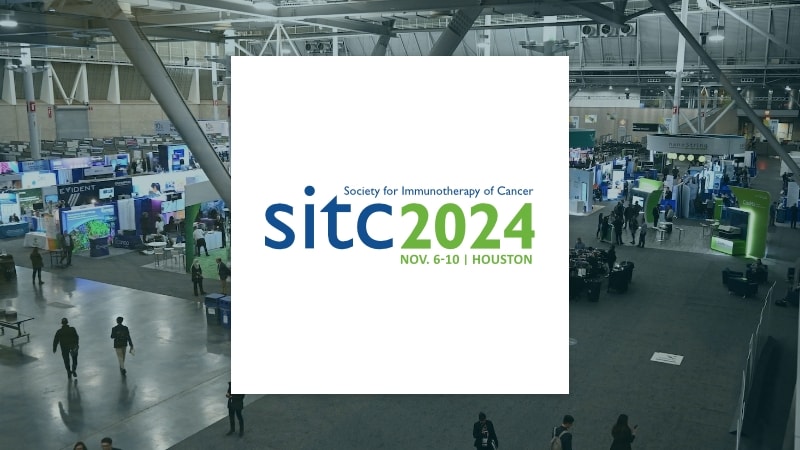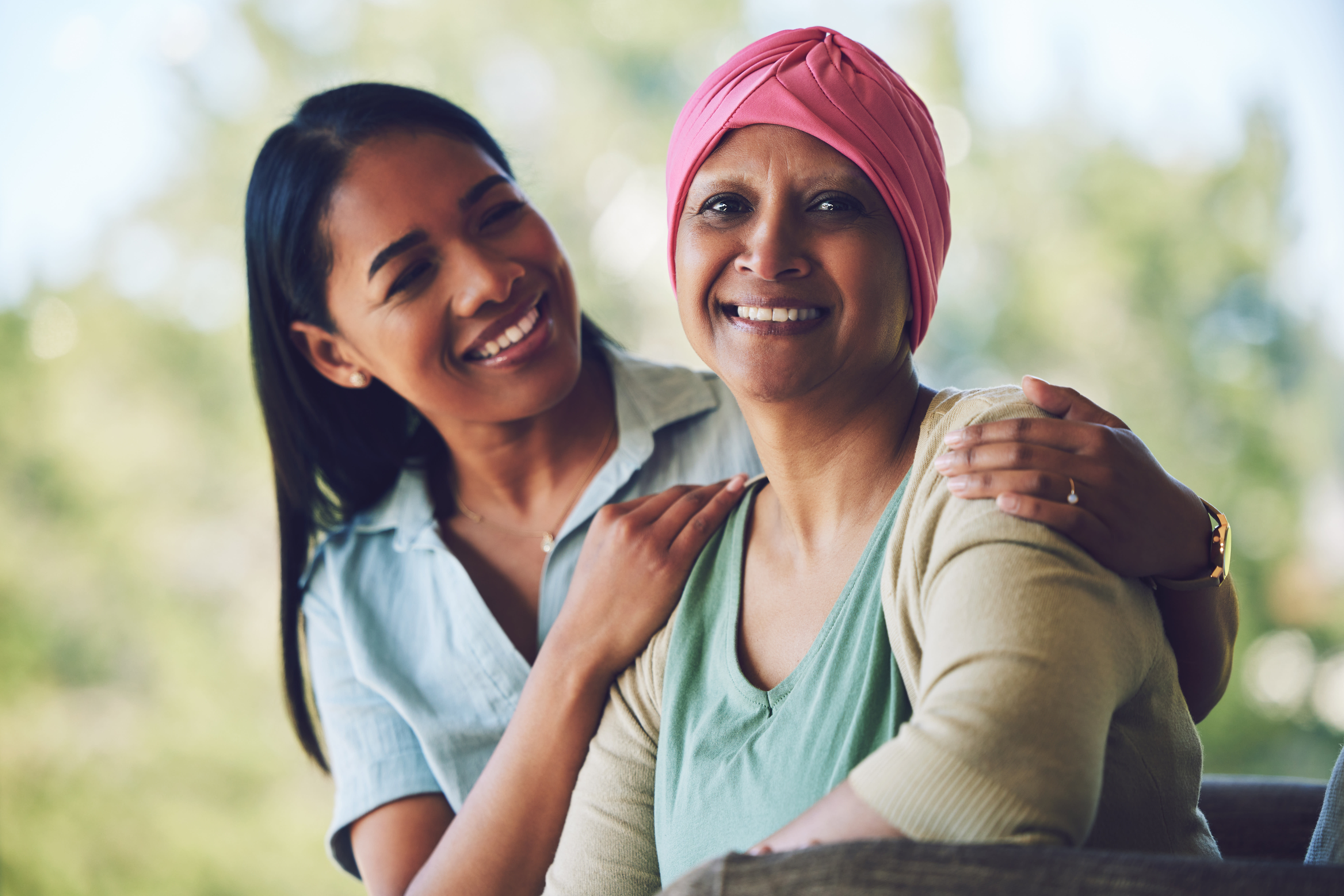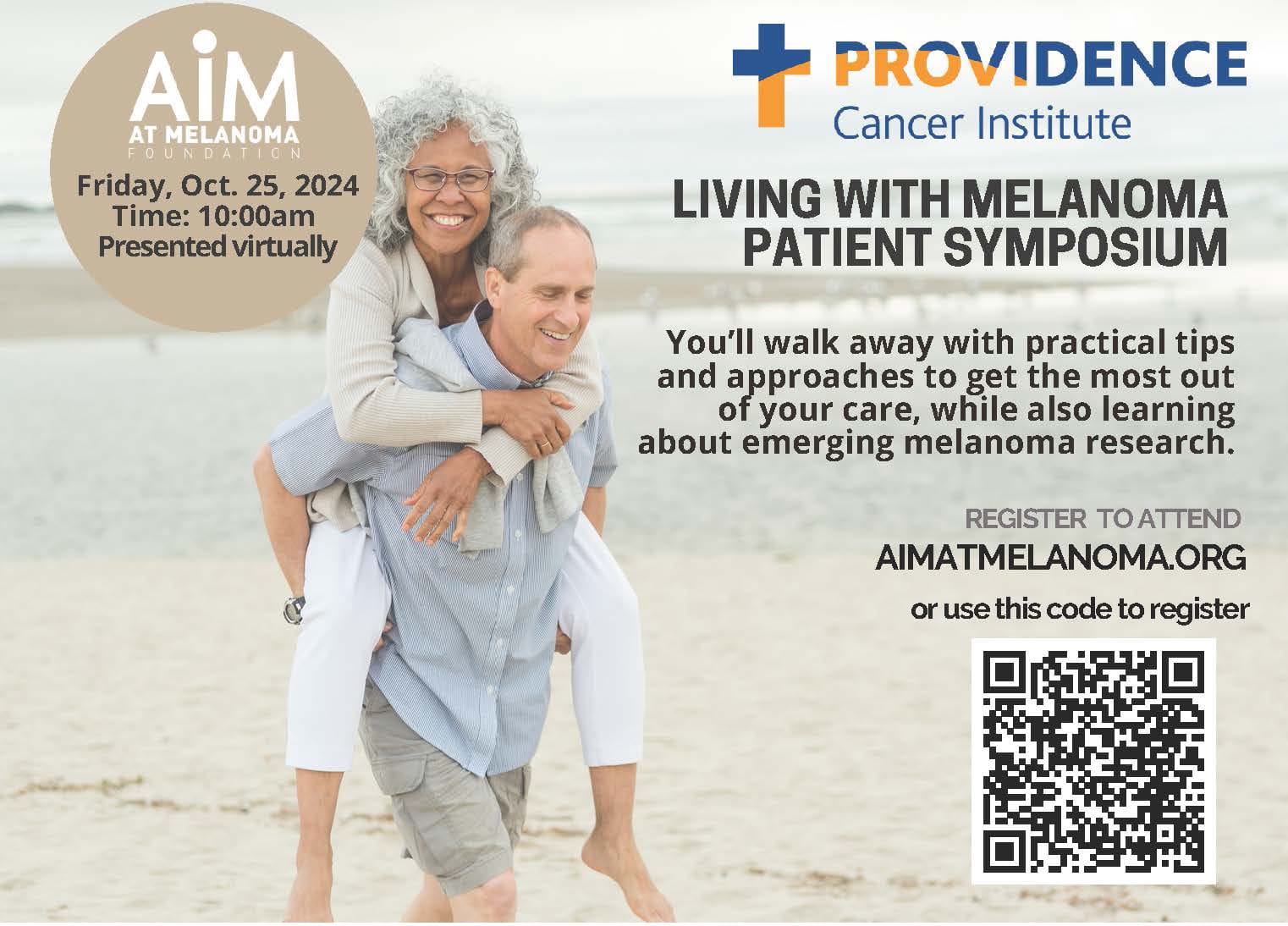Cancer survivor speaks with doctor he credits for saving his life
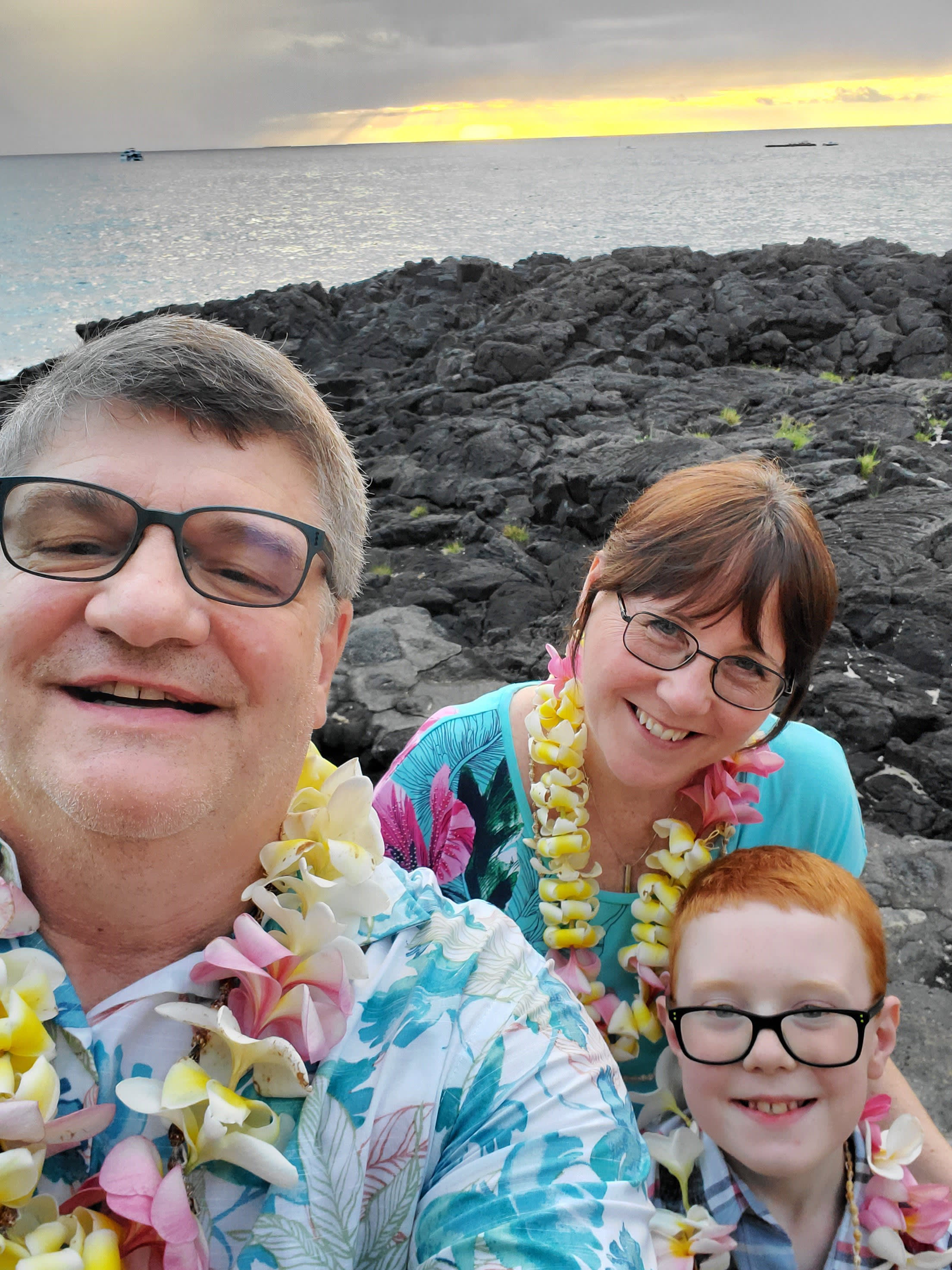
Mark William’s story began in 2007, when he noticed an unusual lump in his collarbone area. A visit with his primary care physician and a follow-up with an ear, nose and throat (ENT) specialist led to a grim diagnosis of malignant metastatic melanoma. This can occur when melanoma cells spread from the primary tumor to other parts of the body. His scans showed that in addition to the lump in his neck, Mark had an additional 14 tumors throughout his lungs and esophagus. He was told it was stage IV melanoma and he would not live more than a year.
Refusing to accept this devastating news, Mark and his family sought a second opinion from Brendan Curti, M.D., medical oncologist at Providence Cancer Institute and Robert W. Franz Endowed Chair of Clinical Research at Earle A. Chiles Research Institute, a division of Providence Cancer Institute of Oregon. At the time, Dr. Curti was seeking ways to enhance the standard of care for melanoma by using Interleukin 2 (IL-2), an aggressive immunotherapy that leverages the body's immune system to target and destroy cancer cells.
Though the IL-2 treatment was difficult, Mark fought through the intense side effects. But after six months of immunotherapy, one surgery and 25 rounds of radiation, he was tumor-free. Mark continues to be cancer-free more than 17 years later. Today, Providence Cancer Institute is recognized as a global leader in cancer immunotherapy, with one of the busiest IL-2 programs in the United States.
Mark continues to be a part of the cancer community, sharing his personal story and making hospital visits to support cancer patients. “We like to say in our communities that no one fights alone,” says Mark. “So that’s what I try to do is speak to folks and try to keep them positive.” He also serves on the Robert W Franz Cancer Leadership Cabinet, a collection of individuals with a strong desire to connect the community to Providence Cancer Institute and finish cancer.
In a special Q & A to honor World Patient Advocacy Day, Mark spoke with Dr. Curti about his path to cancer research and what advice he has for future oncologists.
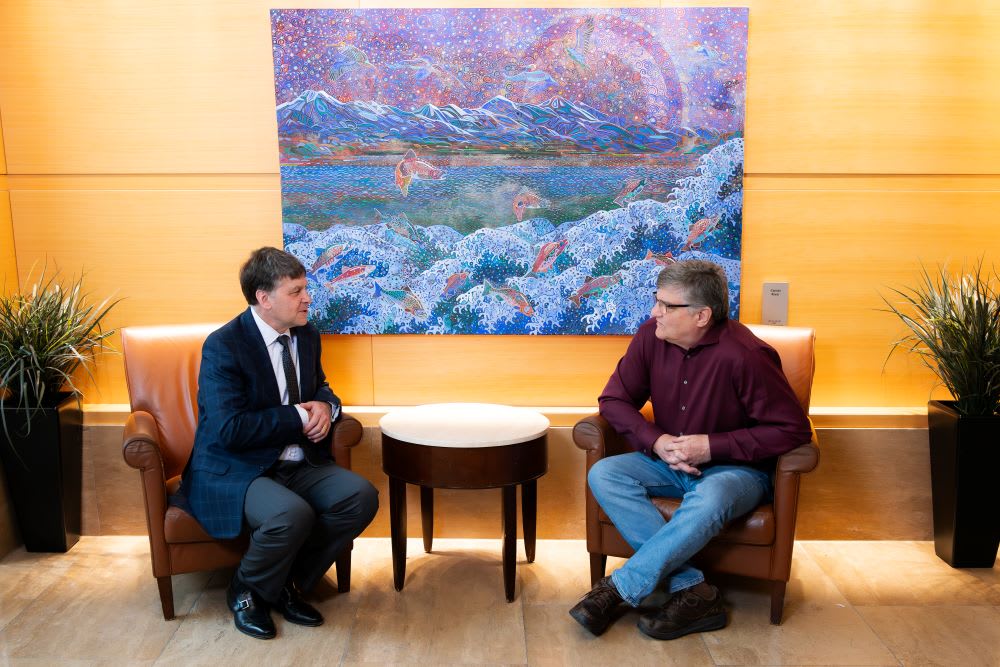
How have you seen the field of oncology change during your career, and what advancements are you most excited about for the future?
When I applied for an oncology fellowship in the late 1980s, I thought my career would be focused mostly on supportive care and hospice, as there were very few effective treatments. Yet, I also believed that cancer care could be transformed with hard work and creative research. There have been so many advances over the last 35 years, but the transformation of oncology by immunotherapy has been the most exciting and points the way to the future of cancer care.
What advice would you give to new oncologists entering the field, especially regarding patient care and building strong patient-provider relationships?
Anyone practicing oncology must be optimistic, but also realistic. We all like to focus on positive outcomes, but understanding and conveying risks as well as benefits will build stronger relationships with patients and other members of the care team.
Can you recall an experience or patient that deeply impacted your career as an oncologist?
Every single patient I have cared for in 35+ years as an oncologist has had an impact. Patient care has been the catalyst for my career in translational research, but how patients and their families cope with cancer provides equal impact and serves as an inspiration to do the hard work of science and discovery.
How have your experiences with patients shaped your approach to oncology, and are there any lessons you've learned that you'd like to share with your patients?
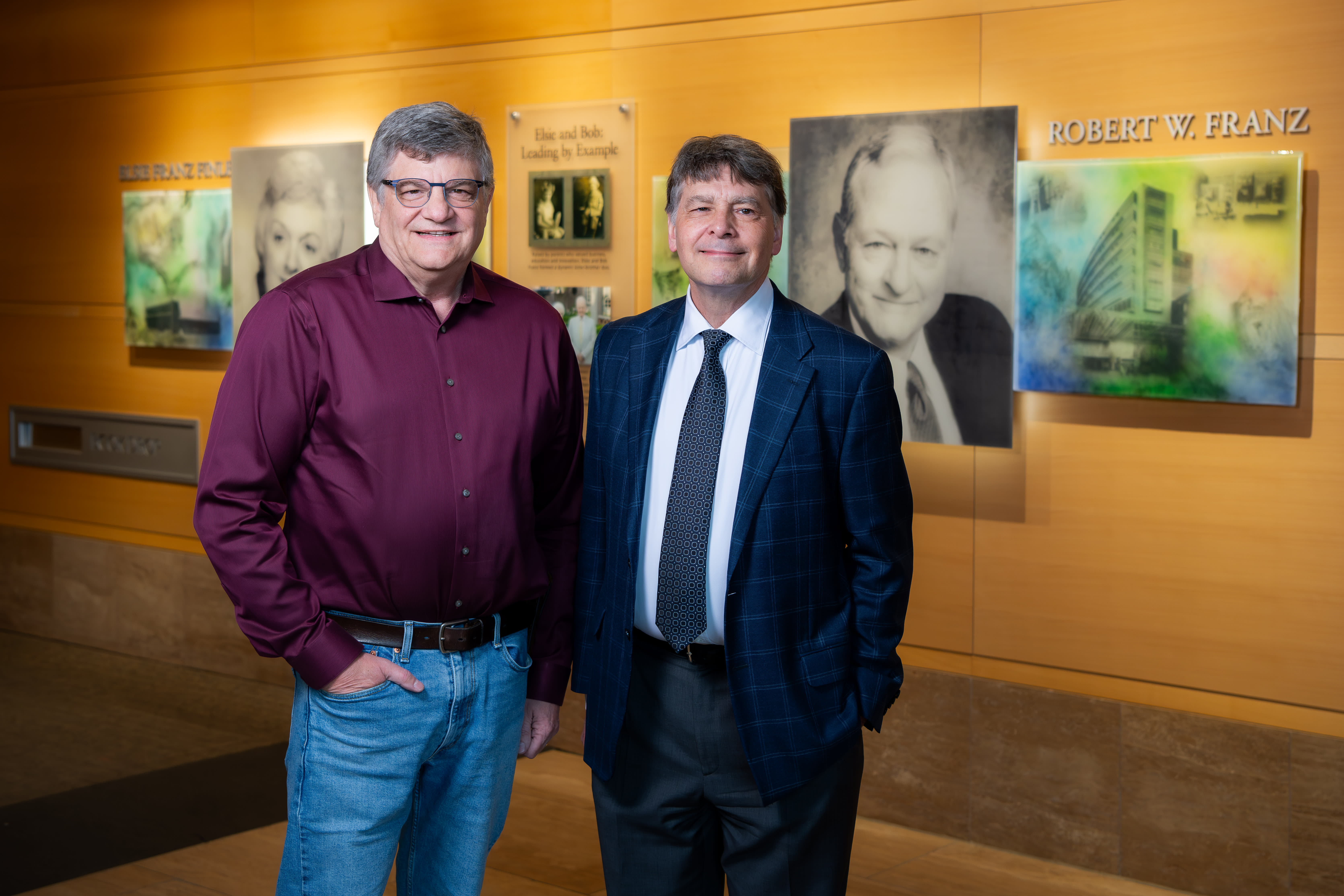
How do you see the role of philanthropy in advancing cancer research and patient care?
I mentioned our care team earlier and this is another example of the team effort needed for cancer research. From my first visit to Portland in 2001, it was evident that the cutting-edge immunotherapy research at Earle A. Chiles Research Institute was not possible without philanthropy. But more importantly I saw the interests, commitment and inspiration of those who supported the work here.
That strong belief and leadership by donors Robert Franz, Elsie Franz-Finley, Earle Chiles and many others in what Dr. Walter Urba has built at Providence Cancer Institute since 1993 has been just as important as the monetary support. The same philanthropic teamwork and inspiration will allow us to do important things for our patients and scientific discovery for many years to come.
Ways to support advancements in precision immuno-oncology and cellular therapy at Providence Cancer Institute
Under the leadership of Walter J. Urba, M.D., Ph.D., the physicians and scientists at Providence Cancer Institute work together to improve cancer treatment methods by joining lab research and clinical trials with patient care.
Our main area of research is cancer immunotherapy, and with the advancements in genomic sequencing we bring together the power of immunotherapy and personalized medicine to accelerate leading-edge research and groundbreaking discoveries for patients with cancer.
There are many ways you can be engaged and help support our work:
- Give a gift.
- Visit the Earle A. Chiles Research Institute website .
- Follow us on X, LinkedIn and Facebook.
- Read our blog for the latest news and announcements.
Related news
The evolution of cancer immunotherapy: Dr. Urba shares his insights
Dr. Bernard Fox honored for his lifetime contributions to cancer research
Cancer studies seek to harness the power of the immune system
